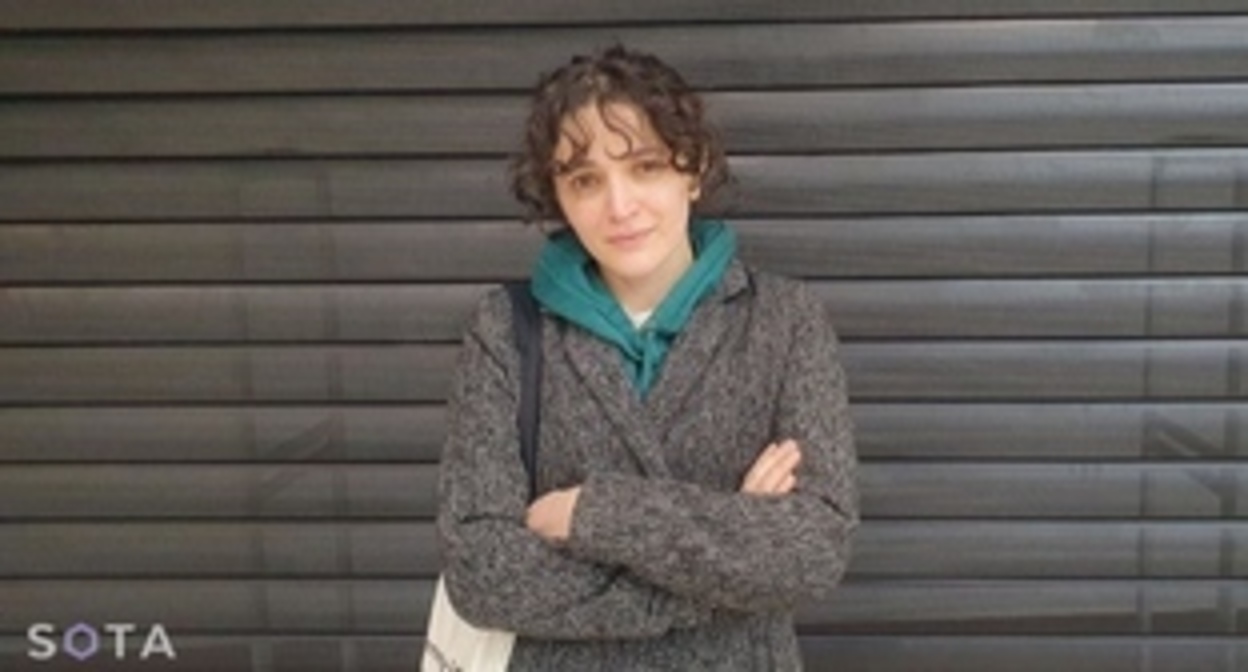Week in the Caucasus: review of main events of March 21-27, 2022
Echo in Southern Russia of the special military operation in Ukraine; aggravation of the situation in Nagorno-Karabakh, – see the review of these and other events in the Caucasus during the week of March 21-27, 2022, prepared by the “Caucasian Knot”.
Echo in Southern Russia of special military operation in Ukraine
Refugees continue to arrive from the zone of the Russian special military operation in Ukraine, launched on February 24.
More than 16,000 residents of Donbass arrived in the Rostov Region on March 25 alone. There are about 300 temporary accommodation centres (TACs) in the region. Some people arriving from the Lugansk and Donetsk People’s Republics had difficulty receiving humanitarian aid with food, as they were not warned that a migration card would be required. Other refugees complain that they have to “run” around the offices of officials to process payments. According to the Ministry for Emergencies (MfE), Russia has received about 400,000 refugees from Donbass and Ukraine.
Almost every day, the regional authorities report about compatriot soldiers perished in Ukraine. According to the information of the “Caucasian Knot”, by March 28, the information about at least 151 perished natives of Southern Russia was confirmed, including 105 natives of the North-Caucasian Federal District (NCFD). Of them, 50 deceased were residents of Dagestan.
In Russia, the number of those brought to justice for discrediting the country’s Armed Forces is growing. On March 26, it was reported that a resident of the Krasnodar Territory was fined 100,000 roubles after a conflict with an owner of a car with the letter “Z”. In Krasnodar, Sochi, and Armavir, participants of the protest actions against the special military operation were accused of violating the procedure for holding public events. The danger of the charge under the article on discrediting the armed forces is that a repeated violation within a year implies criminal prosecution, advocate Mikhail Benyash reports.
On March 16, the “Caucasian Knot” was blocked by the decision of the Russian General Prosecutor’s Office, but did not stop its activities.
Aggravation of situation in Nagorno-Karabakh
On March 24, the situation in Nagorno-Karabakh sharply worsened. The Ministry of Defence (MoD) of Nagorno-Karabakh announced that the Azerbaijani armed forces violated the line of contact in the Askeran District, and women and children were evacuated from the communities of Parukh and Khramort (the Azerbaijani names are Farrukh and Pirlar, respectively, – note of the “Caucasian Knot”). On March 25, the unrecognized republic accused Azerbaijan of shelling attacks, including from an unmanned aerial vehicle (UAV), in which three Armenian soldiers were killed and other 15 were wounded. Baku denied the accusations.
On March 26, Nagorno-Karabakh asked the President of Russia to call on Azerbaijan to implement the agreements and increase the peacekeeping contingent in Karabakh. According to the Russian Ministry of Defence, the Azerbaijani armed forces entered the zone of responsibility of the Russian peacekeeping contingent in Karabakh. Azerbaijan considers Armenia a violator of the agreements, which did not ensure the complete withdrawal of armed detachments. On March 27, the Russian Ministry of Defence reported that after negotiations, Azerbaijan withdrew its armed forces from the area near the village of Farrukh and also stated that four persons were injured in the Askeran District as a result of ceasefire violations by the Azerbaijani side.
Second round of voting in parliamentary elections in Abkhazia
On March 26, in Abkhazia, 17 constituencies held voting in the second round of the parliamentary elections. According to the Central Election Commission (CEC), there were no complaints about violations. Analysts pointed to the low interest of residents of Abkhazia in the second round of the elections. Family and friendship relations are strong in Abkhazia, and supporters of the candidates who lost in the first round did not want to participate in the second one, journalist Izida Chania explained.
Let us remind you that the first round of the parliamentary elections was held on March 12. According to experts, in general, the elections were held without violations, but numerous cases of transportation of voters to polling stations were not even registered as violations.
Court’s decision on case of Irganai settlers
On March 25, the Moscow court granted the appeal of 562 residents of Dagestan who suffered from flooding during the construction of the Irganai hydroelectric power plant (HPP) and who did not receive compensation. The authorities will have to prepare documents for the due payments within a reasonable period of time. Residents of villages that have fallen into the flood zone due to the Irganai HPP have not been able to receive compensation since 2008 because of a lack of coordination between the republican and federal authorities. The amount of assistance to the victims reaches 9.5 billion roubles.
This article was originally published on the Russian page of 24/7 Internet agency ‘Caucasian Knot’ on March 28, 2022 at 09:30 am MSK. To access the full text of the article, click here.





![Tumso Abdurakhmanov. Screenshot from video posted by Abu-Saddam Shishani [LIVE] http://www.youtube.com/watch?v=mIR3s7AB0Uw Tumso Abdurakhmanov. Screenshot from video posted by Abu-Saddam Shishani [LIVE] http://www.youtube.com/watch?v=mIR3s7AB0Uw](/system/uploads/article_image/image/0001/18460/main_image_Tumso.jpg)